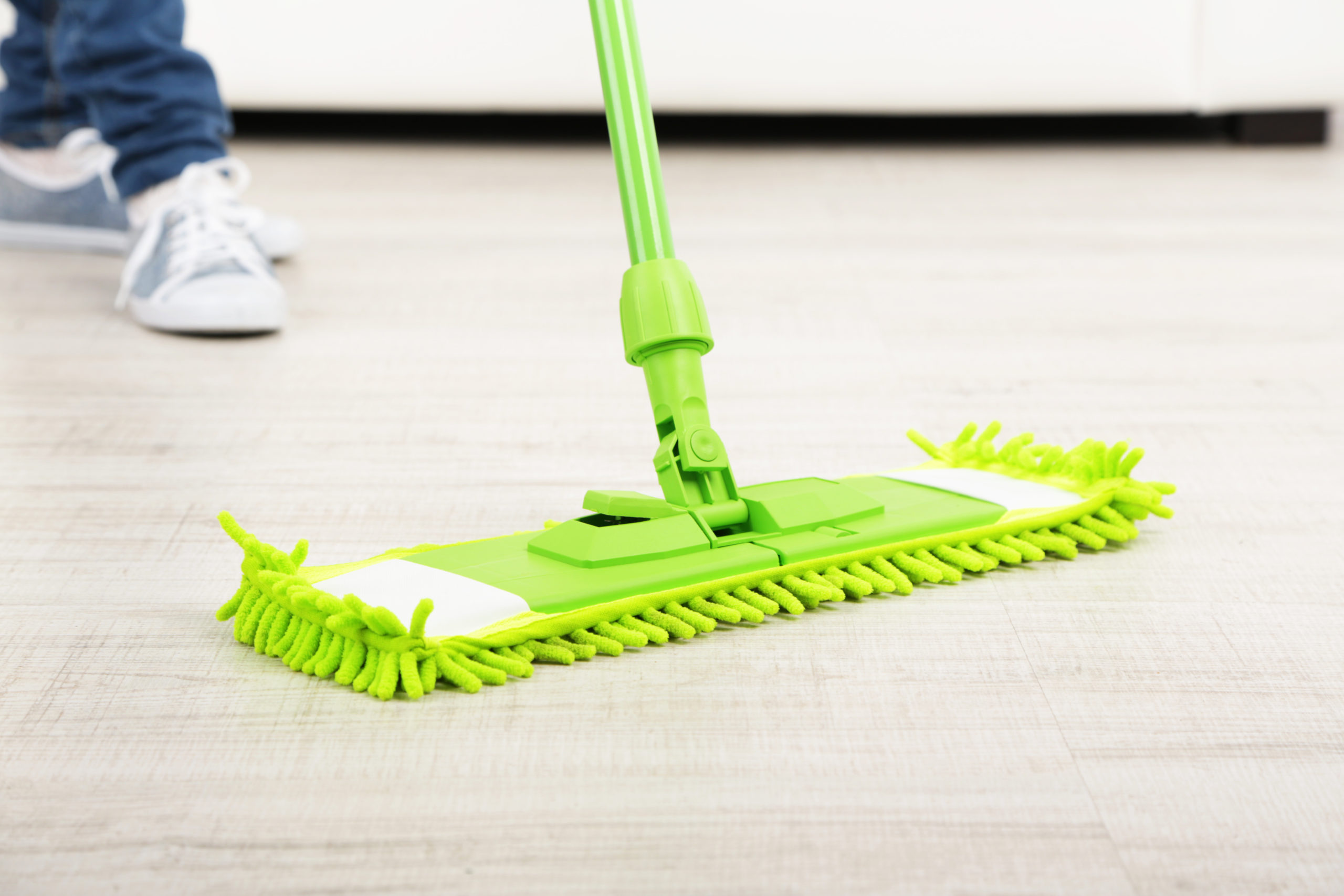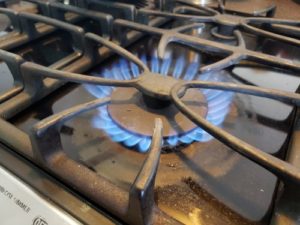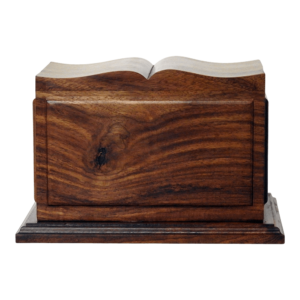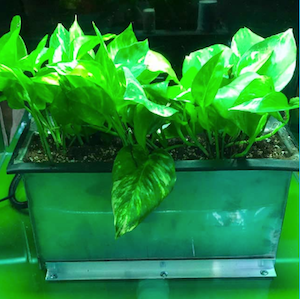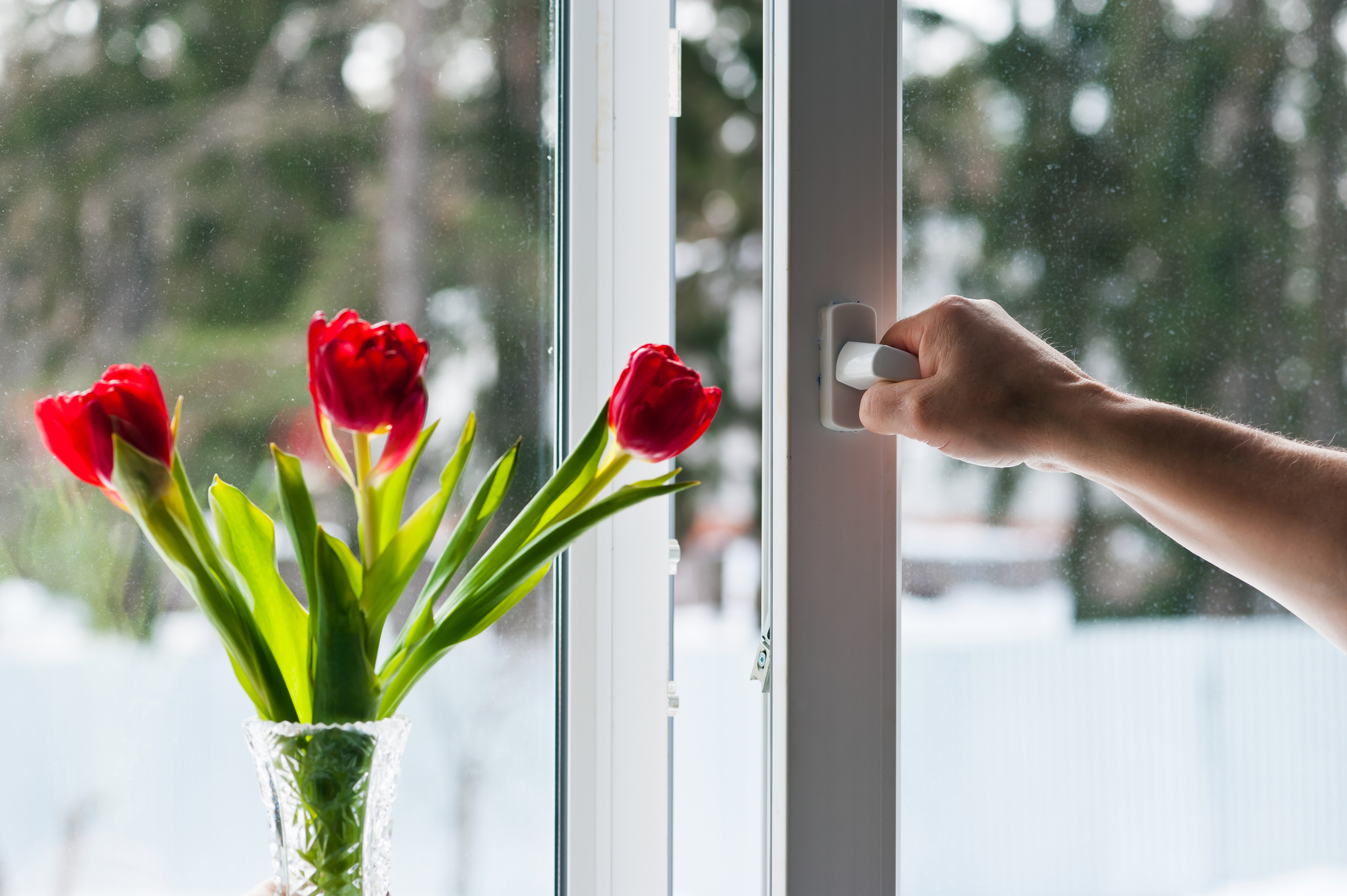
It’s a common misconception that you don’t need to worry about the air you breathe unless you’re outside. Smog, carbon monoxide, ozone, and polluting particles sometimes make it difficult to breathe outdoors. However, the air INSIDE our homes can be even more dangerous to breathe. That’s because the chemicals we use in our homes can build up and pollute our indoor air. People spend more than 90% of their time inside rather than out, so if our indoor air is polluted, it can pose a real threat to our health. That’s why we’ve teamed up with EcoExperts.com to offer you these 5 smart and easy ways to improve indoor air quality.
Improve Indoor Air Quality 5 Smart Ways
1)Keep your floors clean.
Surprised by this one? Think about it. Whatever you’ve walked through before you came into your home you’re bringing right along with you. Allergens and toxic chemicals can accumulate along with household dust and normal dirt.
⇒Keep floors clean first and foremost by putting a door mat outside and inside the door so it is easy to trap loose dirt before you even come in your home.
⇒Leave your shoes at the door so you don’t track all that pollution everywhere in the house. This is especially true if you have carpeting or area rugs, as the dirt and dust can get embedded in carpeting fibers.
⇒Vacuum weekly, using a vacuum with strong suction power and rotating bushes to raise pollutants up and out of the carpet where they can be easily sucked up.
⇒Use a microfiber mop to sweep up on hard floors and tile. Depending on how much traffic you have going through your home, or if you have outdoor pets coming inside, you may need to do this daily.
2)Reduce home humidity.
A cool home may be comfortable, but if it’s too cool and damp, it will breed mold and mildew.
⇒Keep the humidity level inside your home between 30% and 50%.
⇒In basements and below ground family rooms, use a dehumidifier to pull excess moisture out of the air.
⇒In bathrooms, turn on ceiling fans when taking a shower, and let the fan run 20 minutes afterwards to do its job.
3)Test for radon.
One of the most fatal of indoor toxins, radon is a colorless, odorless gas that has become a leading cause of lung cancer worldwide. This poisonous gas is common to all kinds of soil and seeps up into basements and homes without basements, then persists when air circulation doesn’t vent the gas to the outside. Even granite countertops have been found to emit radon.
Fortunately, testing for the presence of radon is inexpensive. service providers like Eco Experts can conduct the test, determine whether you’re in danger, and help remediate the problem before you get sick.
4)Use non-toxic household cleansers; avoid synthetic perfumes and fragrances; don’t smoke.
Many cleansers contain “VOCs,” volatile organic compounds that are known carcinogens. Commercial “air fresheners” probably contain phthalates, which are known to trigger asthma, headaches, nausea and worse. The dangers with “second hand smoke” are well-documented and almost as significant as if someone were smoking rather than inhaling someone else’s cigarette smoke.
Most home cleaning can be accomplished using a simple solution of fragrance-free liquid soap, some baking soda, and warm water.
For a more fragrant interior, simmer a pot of popourri on the stove, open windows to let in fresh air, and remove rotting food and pet waste if it has not been cleaned up.
Don’t Miss: 16 Causes of Indoor Air Pollution
If you must smoke, go outside and stand far away from any open windows or doors to prevent the smoke from getting inside.
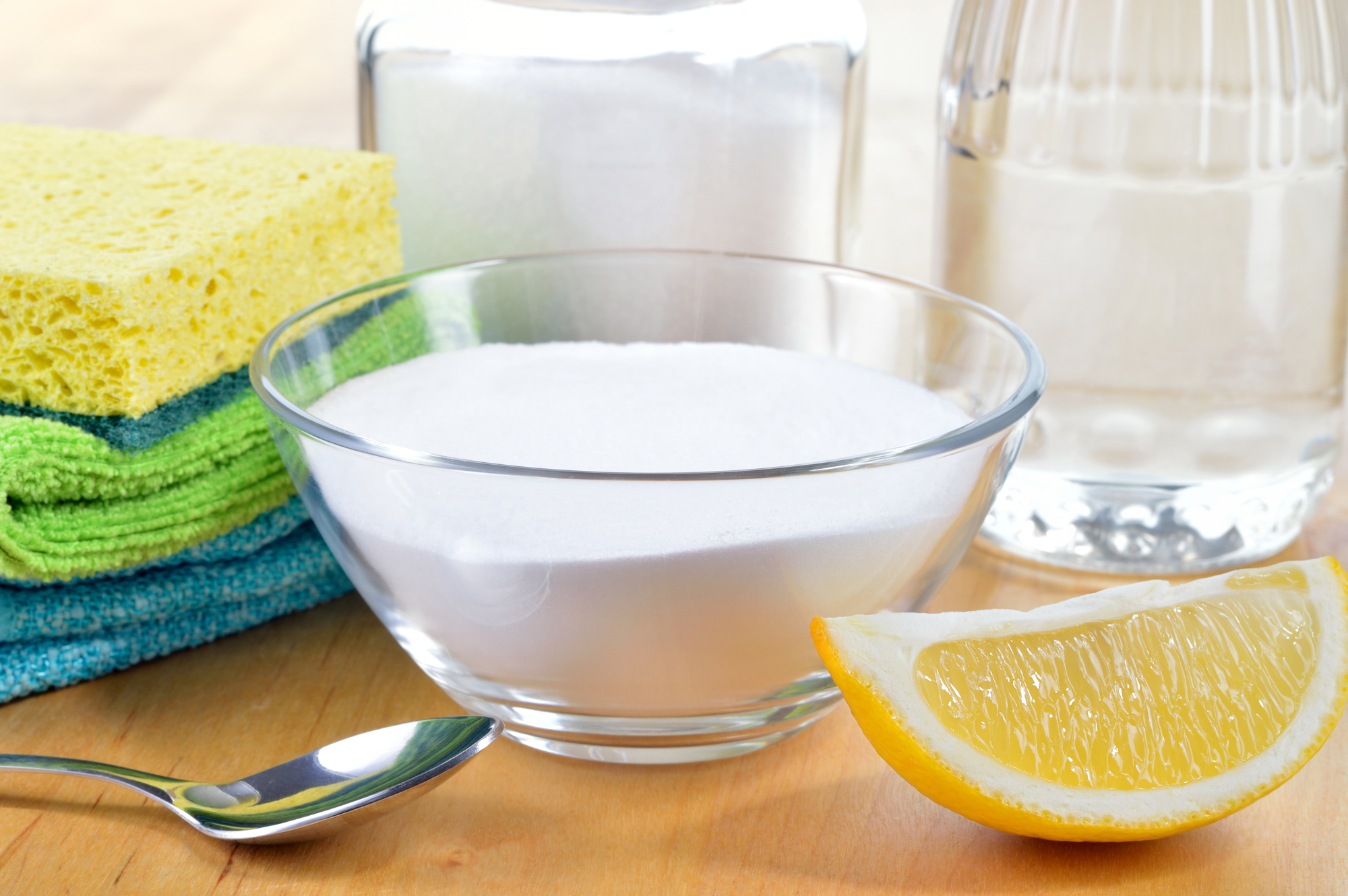
5)Vent kitchen ranges, chimneys, wood stoves, and fireplace inserts.
Prevent carbon monoxide and other byproducts of gas and wood combustion from building up in your home. Use the stove fan when cooking and make sure your chimney is clean and allowing dirty smoke and air to escape up the chimney rather than into your home.
Keep a carbon monoxide detector in good working order to avoid deadly build-up of this lethal gas.
Take a look at : Indoor Plants for Air Purification
By the way, take many of these same steps if you work in an office. And make sure whether at home or at work, you get outside frequently. Going in and out will both help you clear your lungs and help promote air exchange between bad air and good (or at least, not quite so bad).



